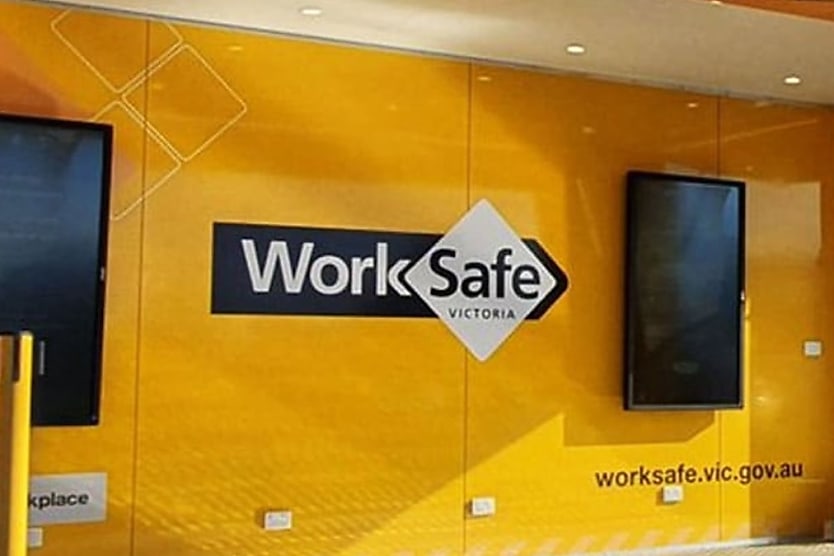Worker’s head crushed: Manufacturer cops $40k fine
SHARE THIS ARTICLE

An industrial plastics manufacturer has been fined a total of $40,000 after a worker’s head was caught in machinery, leading to life-threatening crush injuries.
In the Sunshine Magistrates Court, industrial plastics manufacturer Class Plastics (Aust) was sentenced without conviction after pleading guilty to a single charge of failing to maintain a plant that was without risks to health.
The charge came from an incident that occurred in April 2022, where a supervisor at the company’s Truganina factory was called to help rectify an issue with a plastic blow moulding machine.
While the supervisor was attempting to adjust the machine, his head was caught between a moving bar and the machine’s frame, leading to a traumatic brain injury, fractured skull and intracranial bleeding, which required immediate surgery.
According to the court, the interlock system should have stopped it from operating while the access doors were open. However, the system was disconnected, and the sensors that should have activated it had been covered with tape, resulting in the injury.
“This case clearly demonstrates the horrific and life-changing injuries that can result from workplace incidents, and there’s no excuse for not taking every reasonable step to prioritise worker safety,” said WorkSafe executive director for health and safety Sam Jenkin.
The company admitted in court that it was “reasonably practicable to reduce the risk of death or serious injury through regular inspections and maintenance of the interlock system and checking that sensors and other safety devices weren’t compromised”.
Jenkin stated that machinery incidents were a major cause of workplace death and injury throughout Australia, with seven workers in Victoria alone being killed in incidents in plants since the start of this year.
“Critical safety features such as interlock devices and sensors should never be disabled, and employers must regularly inspect their machinery to ensure they’re operating correctly,” he said.
WorkSafe offered a list of ways to manage risks when working with machinery that employers should implement:
-
Identify hazards, assess the risks associated with them and eliminate or control those risks by isolating them or using an alternative.
-
Train staff in the safe operation of machines and equipment and provide written procedures in the worker’s first language.
-
Develop and implement safe operating procedures in consultation with employees and health and safety representatives.
-
Ensure safety guards and gates are compliant and fixed to machines at all times.
-
Regularly service and inspect machines and equipment.
-
Place signs on or near a machine to alert employees of the dangers of operating it.
Kace O'Neill
Kace O'Neill is a Graduate Journalist for HR Leader. Kace studied Media Communications and Maori studies at the University of Otago, he has a passion for sports and storytelling.

